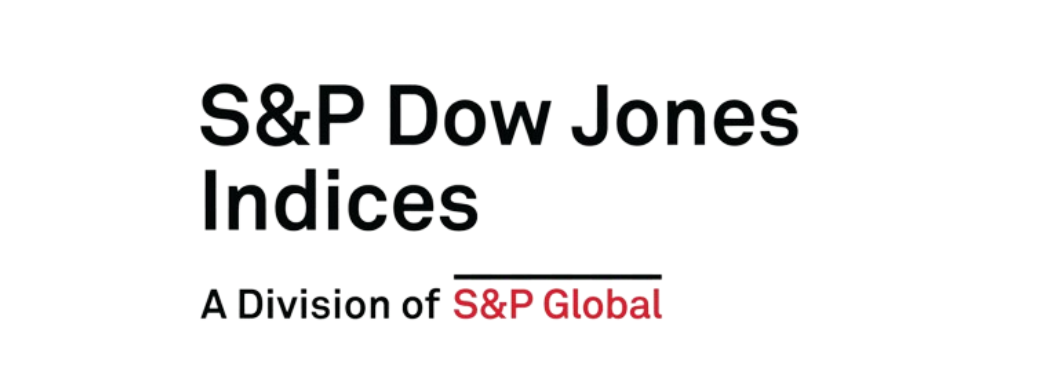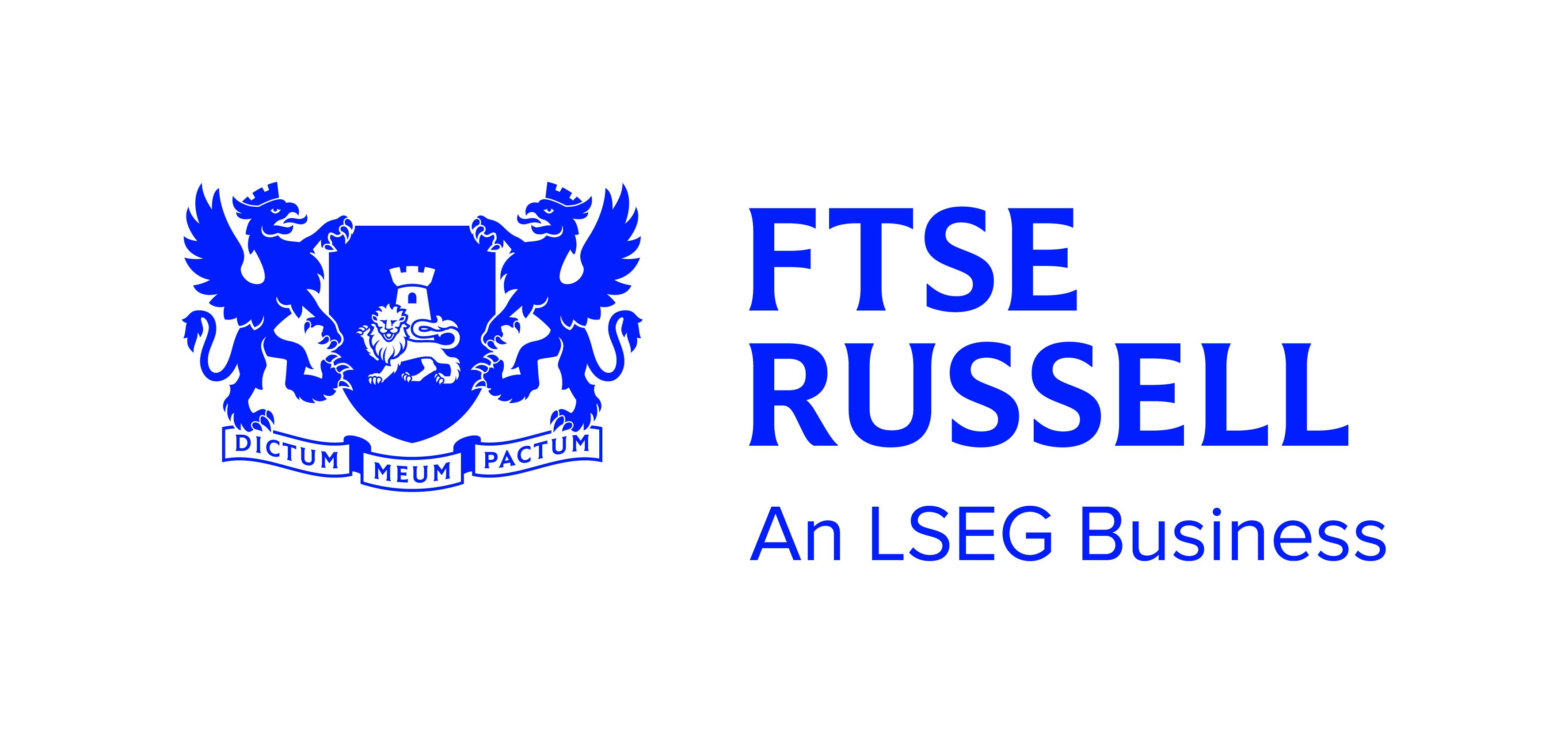Last week a plucky lithium company entered Australia’s top index and quickly lost half its value. Though the incident unfolded over just a few weeks, it raised the fundamental question about whether even passives need gatekeepers.
Through social media promotion and paid research reports with third parties, Lake Resources was able to drum up enough retail investor assets to be included in the list of companies being added to the S&P/ASX 200 index at the start of June.
However, five minutes before the company was set to make its debut on 20 June, its CEO Stephen Promnitz suddenly resigned and liquidated all 10.2 million of his shares, netting him a $7.7m pay-out.
Add to this the 45 million company shares sold short by index rebalance desks at hedge funds – and the result was 48.4% of Lake Resources’ value evaporating in a week.
Past studies by the likes of Research Affiliates and others have illustrated the imbalanced performance of index additions and deletions – such as Tesla soaring after its entry to the S&P 500 was announced, only to underperform the outgoing Apartment Investment Management by 71% over the first six months after its inclusion.
But the case of Lake Resources is a far shadier affair. A company undergoing a power shuffle at its highest level – that was also known to exercise expired share options and make irregular filings on changes in directors’ interests – was able to enter a popular benchmark tracked by billions of dollars of pensioners’ money.
While index provider S&P Dow Jones Indices is often criticised for operating discretionary committees on some benchmarks such as the S&P 500, there may be a case for gatekeeping at least the most-tracked broad market exposures on corporate governance issues – so at least they do not become a free lunch for cynical profiteering at the expense of index investors.
Alexander Berg, founder and CEO at Index One, also suggested indices with large sums of money tracking them should undergo more frequent or irregular rebalancing and do away with announcement dates, among other adjustments, so opportunists are less able to arbitrage slow and broadcasted changes.
“These issues will unfortunately continue to happen until managers take a hard look at the benchmarks they are using and start considering other options, which would highly benefit their investors, and limit exploitation by opportunists,” Berg said.
While large ETF issuers such as Vanguard tend to spread out index rebalance trades to lessen the cost impact on their ETFs, there are some clear steps index providers could all be taking to protect the interest of their users from external actors.
Re-entering Europe after more than a decade?
Elsewhere, a new statement from AXA Investment Managers fanned the flames of a rumour which started in March that it could be returning to the ETF issuance game.
AXA IM last ran an ETF business 13 years ago, which ended after it sold its joint-owned Easy ETF business to BNP Paribas Asset Management in 2009.
The investment firm has a range of mutual funds and recently said ETFs would be “attractive” to its clients and it is “an area we could consider”.
AXA IM also hired Brieuc Louchard as its head of capital markets in March, following his one-year stint as head of ETFs at Euronext.
Growth is now value
Following a period of correction for growth stock valuations and outperformance for the ‘old economy’ – namely energy and defensive sectors – the ‘growth as value’ narrative has turned into reality following FTSE Russell’s recent index overhauls.
The likes of Meta, Netflix, PayPal and GameStop have all moved into the Russell 1000 index and had their weightings either reduced or removed altogether from the FTSE 1000 Growth index.
These decisions were based on companies having low price-to-book, lower growth values and high five-year sales per share growth.
As part of the reshuffle, investors underwent the busiest trading day of the year last Friday, which saw the Nasdaq Cross Closing book a record day – including $63.8bn of orders executed in 2.04 seconds.
ETF Wrap is a weekly digest of the top stories on ETF Stream







